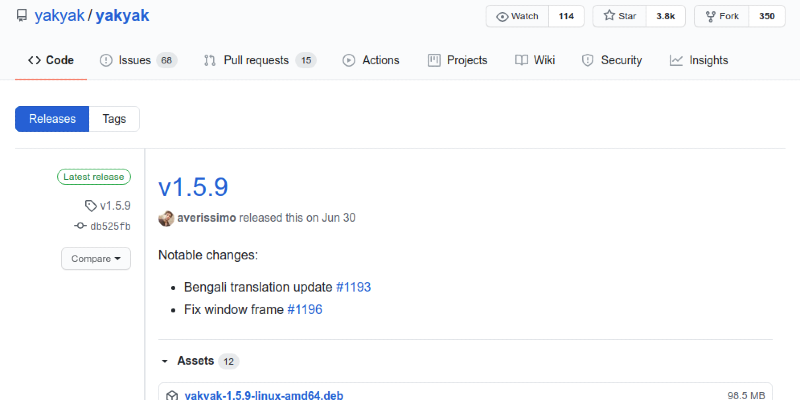
Those who acquire the skills and proprietary algorithms to re-engineer brains, bodies and minds - the main products of the 21st century, Harari suspects - will become gods those who don’t will be rendered economically useless and die off.Īnd then, without our realizing it, we’ll wake up one sunny morning and realize we’ve given ourselves over completely to machines. A small, breakaway republic of superhumans and techno-elites will eventually split off from the rest of humanity. The short, chilling answer: a future that looks like Westworld, rather than Disney World.

Yet a question arises: If we aren’t at the end of the line, what comes next?

“Relatively small changes in genes, hormones and neurons,” he points out, “were enough to transform Homo erectus - who could produce nothing more impressive than flint knives - into Homo sapiens, who produce spaceships and computers.” Why should we assume that Sapiens are the end of the evolutionary line? Throw in advancements in biological and cyborg engineering, and our radical transformation, in Harari’s view, seems quite feasible. Google has an offshoot, Calico, whose modest mission is to slow the aging process. We take pills that change our affect and select embryos with the best odds for optimal health. Our slow creep toward the uncanny valley has already begun. “For the first time in history,” Harari writes, “more people die today from eating too much than from eating too little more people die from old age than from infectious diseases and more people commit suicide than are killed by soldiers, terrorists, and criminals combined.” In a nub: “Homo Deus” makes the case that we are now at a unique juncture in the story of our species. But an argument can look seamless and still contain lots of dropped stitches. Harari, a historian at the Hebrew University of Jerusalem, has a gift for synthesizing material from a wide range of disciplines in inspired, exhilarating ways. But I do mean to caution against the easy charms of potted history. I do not mean to knock the handiwork of a gifted thinker and a precocious mind. Gazzaniga’s “ Who’s in Charge?”), whose arguments have in turn been disputed by other intellectuals ( Daniel Dennett, Roy F. Wegner’s “ The Illusion of Conscious Will,” Michael S.
#Yakyak google reviews free#
But readers ought to be prepared: Almost every blithe pronouncement Harari makes (that “the free individual is just a fictional tale concocted by an assembly of biochemical algorithms,” for instance) has been the exclusive subject of far more nuanced books (Daniel M. Like “Sapiens,” it is lively, provocative and sure to be another hit among the pooh-bahs. This is precisely where Harari’s sequel, “Homo Deus: A Brief History of Tomorrow,” picks up. After 70,000 years of earthly dominion, we Homo sapiens, Harari seemed to imply, may at last be vulnerable.
#Yakyak google reviews series#
What made “Sapiens” so appealing to the smart set was its ability to serve up big ideas - about evolutions and revolutions in human cognition and civilization - into a series of digestible courses, not unlike the playwright David Ives’s condensation of David Mamet’s oeuvre into seven minutes in “ Speed the Play.” (The second act of “Oleanna”: “You molested me.” “Didn’t.” “Did.”) The most tantalizing part? “Sapiens” ended with a cliffhanger. Bill Gates told The New York Times it would be one of the 10 books he’d bring to a desert island - and why ever not? If you’re going to be Tom Hanks, your volleyball might as well be a breezy history of your missing fellow humans. Barack Obama recommended it on television. Mark Zuckerberg made it a selection for his online book club. (Your book doesn’t become the toast of the ruling class if you don’t put in your time on the international yak-yak circuit.) Within a year, the country’s most influential people were reading it. It earned Harari an invitation to speak at TEDGlobal in 2015. Yuval Noah Harari’s “Sapiens: A Brief History of Humankind,” which came out in the United States two years ago, was clearly one of them. In retrospect, some books seem tailor-made for the thought-leader industrial complex. HOMO DEUS A Brief History of Tomorrow By Yuval Noah Harari Illustrated.


 0 kommentar(er)
0 kommentar(er)
